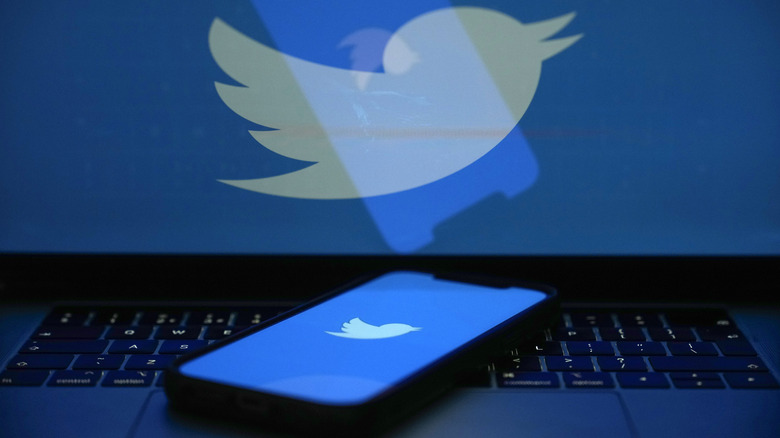Research Paper Says Twitter's Algorithm 'Amplifies' Anger And Hate
A recent study has shown that Twitter's new algorithm amplifies more emotionally-charged tweets than ever before, especially those that trigger anger and animosity. Computer scientists at Cornell University and the University of California, Berkeley, conducted the research with the aim to determine the kind of tweets the Twitter algorithm favors, and users' reactions to them.
The researchers studied a group of 806 Twitter users in February, comparing the content of each person's algorithm-curated "For You" timeline to its chronological newsfeed. Results of the study echoed the findings of past reports like this one co-authored by researchers at DePaul and Harvard Universities and another by Twitter itself: outrage and vitriol, especially when directed at a specific class or group, gain more traction on Twitter than neutral or positive posts. They also found that these kinds of content provoked stronger reactions from users than they might have done in the past, even if that was not the original intent.
The study also revealed that political tweets are the most likely to elicit strong responses from users, potentially promoting othering behavior and unfavorable sentiments about groups who have opposing views. "The political tweets shown by the algorithm exhibit greater partisanship and out-group animosity. Moreover, the algorithm slightly increases the ratio of out-group to in-group content (rather than reinforcing filter bubbles or echo chambers)," the researchers wrote.
Causes for concern and the way forward
Alas, these findings aren't surprising as previous reports have reached similar conclusions about Twitter. The social media service had a reputation for being divisive even before Elon Musk's regime as Chief Twit. Also, it should not be altogether surprising to learn that controversy gains reach on Twitter — that is the case with other social media platforms as well. Algorithms are designed to foster engagement, which means they prioritize posts with reach and boost any topic or subject matter that gets people talking, even negative or inflammatory speech.
What is concerning, however, is the sharp increase in the frequency and intensity of incendiary content on Twitter since Musk became CEO. Per the Center for Countering Digital Hate, as reported by the New York Times, racial slurs against Black Americans showed up on Twitter at an average of 1,282 times a day, but that number has jumped to 3,876 since Mr. Musk took the reins. In the same vein, antisemitic posts increased by more than 61 percent only two weeks after Mr. Musk acquired the site.
Much of this can be attributed to Twitter's absolute pro-free speech approach under Elon Musk's administration. Where there are few or loose rules of engagement, chaos is inevitable. The social media platform continues to devise means to limit the spread of hateful content, but other concurrent changes to the way Twitter functions seem to be counterproductive to that objective. For example, while there are moves being made to curb inflammatory speech, Twitter is also actively reinstating hell-raising accounts that were previously suspended or banned.

